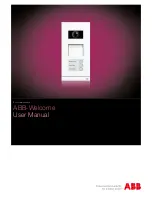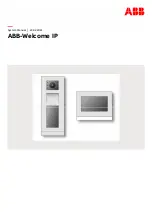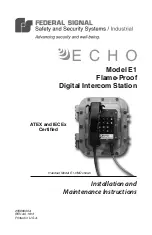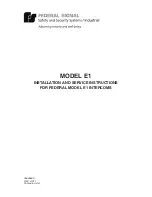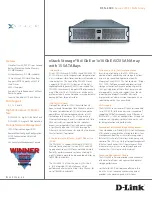
- 4 -
Inserting the batteries
The remote control requires a 3 V battery type CR2025, which
has been preinstalled at the factory. To protect against pre-
mature discharging we have isolated the poles with a plastic
strip, which you can simply pull out before initial operation. The
remote control is then ready for operation.
If the device no longer reacts reliably on the remote control
signal, the battery is depleted. Change the battery with a fresh
one of the same type.
For this open the battery compartment
>
3#
on the under side
of the remote control. To open press the battery holder's
locking device to the side and pull the holder out.
Before removing the old battery please take note of the bat-
>
tery's position by means of the inscription that is visible from
outside.
Remove the battery and replace it with a fresh one of the
>
same type. Thereby the inscription must still be visible from
the outside otherwise the device will not function and could
be damaged.
Slide the battery holder back into the remote control until
>
it locks into place.
Handling of batteries
A leaking battery can cause damage to the remote control.
If you do not intend to use the remote control for a long
>
time, remove the battery.
Do not attempt to recharge the battery.
>
Becoming acquainted with the remote control
Point the remote control to the device's infrared sensor
1&
when
activating the buttons. The remote control functions at a distance
of approx. 5m from the device and at an angle of at least 60°.
For transmission of the signal there must be no objects placed
between the device and the remote control.
Connecting the components
Loudspeakers
Connect the speaker wires of the right speaker to the right
>
speaker terminals:
•
connect the red lead of the speaker wire to the + termi-
nal
2@
.
•
connect the black lead of the speaker wire to the — terminal
2%
.
Connect the speaker wires of the left speaker to the left
>
speaker terminals:
•
connect the red lead of the speaker wire to the + termi-
nal
2#
.
•
connect the black lead of the speaker wire to the — terminal
2$
.
Power supply
Connect the power plug of the power cord
>
2^
to a properly
connected power socket 230 V ~/50 Hz.
Switching the device on and off
To supply the device with mains power move the power
>
switch
2&
on the rear panel of the Micro system to the
"I" position.
To switch the device on press the STANDBY/ON button
>
1(
.
The Micro system is now operational and the green POWER
indicator
l
as well as the blue background illumination of
the display
r
and the illumination for the TUNING control-
ler
y
all light up.
To switch the device off press the STANDBY/ON button
>
1(
.
The green POWER indicator
l
as well as the illuminations
of the display
r
and controller
y
all go off.
To disconnect the device from the mains power pull the
>
power plug out of the mains power socket.
Selecting the programme source
You can select between the following programme sources:
• AUX
- Playback of the sound source connected
to the AUX input
2!
• CD/MP3
- Playback of audio CDs or MP3 CDs
• RADIO
- Playback of radio stations
For this move the FUNCTION switch
>
o
to the desired
position.
Setting the sound volume levels
To increase the volume, repeatedly press the VOL +
>
j
but-
ton or hold the button down until the device has reached
the desired volume level.
To decrease the volume, repeatedly press the VOL —
>
g
but-
ton or hold the button down until the device has reached
the desired volume level.
Using headphones
You can connect to the Micro system's headphone socket
s
headphones with a 3.5 mm jackplug (not supplied). When you
have connected the headphones, the loudspeakers are discon-
nected and you will only hear sound via the headphones.
Attention!
Listening to music with headphones over
a long period of time and with full volume can result
in loss of hearingf!
The Bass Boost function
If you want to emphasize the deep frequencies during play-
back press the BASS BOOST ON/OFF button
e
.
To deactivate the function press the button again.
Summary of Contents for KH 2309
Page 2: ...KH 2309 ...











